Understanding the Ego: How Emotions and Fear Shape Our Responses - Episode 32
There’s a unique connection between our ego, emotions, and the fear-driven responses we develop throughout life. The ego acts as our inner protector, shaping how we perceive ourselves and even how we think others see us. Have you ever assumed someone disliked you simply because of a look on their face that you interpreted negatively? In this "protective mode," the ego operates from fear or a need for control, all rooted in a desire to shield us from rejection, failure, or discomfort. This episode uses the Adult Chair® Model to demonstrate how these protective strategies, formed in our formative years, can hinder growth in adulthood. Gain practical insights to better understand emotional reactions and transform outdated beliefs.
Continue reading or listen to the podcast episode here.
Listen on Apple Podcast | Spotify | Any Player
This episode covers:
(05:05 - 05:16) Explanation of The Adult Chair® Model and its three metaphorical chairs.
(07:03 - 07:14) Introduction to the ego and its role in personal identity.
(10:01 - 10:11) Discussion on how childhood beliefs can hinder adult life.
(11:05 - 11:15) Explanation of fear and control as signs of the ego's influence.
(13:11 - 13:22) Discussion on the impact of old beliefs on adult behavior.
(14:36 - 14:46) Importance of recognizing and challenging old beliefs.
(17:23 - 17:33) Explanation of how subconscious stories influence adult behavior.
Tired of reading? Listen to this podcast episode on Spotify.
Understanding the Adolescent Chair
The Adolescent Chair is a representation of the ego in the Adult Chair® Model, which is the emotional and mental development stage between ages 7 and 25. During this phase, we create protective mechanisms to shield ourselves from judgment, rejection, and harm. These patterns, while helpful in youth, can become obstacles in adulthood.
A key concept explored in this episode is the role of the ego as an inner protector. When the ego operates from a place of fear or control, it often fuels reactive behaviors and keeps us in survival mode. For example, you may have learned as a child that to stay safe and avoid trouble, you should be quiet, remain unnoticed, and do whatever you were told. While that strategy may have worked for your younger self, it could be negatively impacting your adult life. You may still be engaging in these same behaviors at work, leading to stress, burnout, and career dissatisfaction because you're not advocating for your needs. By recognizing how the ego shapes identity and responses, you can begin to unravel unhealthy patterns.
Tired of reading? Listen to this podcast episode on Spotify.
The Role of Emotions in Shaping Responses
Emotions are central to how we experience life, and understanding them is a major component for personal growth. The Adolescent Chair is often characterized by overthinking, fear-based reactions, and a need to please others. These tendencies may show up as anxiety, perfectionism, or defensiveness.
You can explore your emotional responses by identifying the feelings that arise in different situations. Naming these emotions helps uncover the stories and beliefs driving them. Slowing down and getting curious about these feelings is the first step toward emotional transformation.
Challenging Old Beliefs and Patterns
Breaking free from outdated beliefs requires awareness and intention. There are practical steps for challenging these patterns, starting with recognizing when responses are driven by fear or assumptions.
There are key questions to ask yourself to unpack these beliefs:
What story am I telling myself?
Is this based on fact or a past experience?
By pausing, breathing, and reflecting, individuals can shift their perspective and respond from a more grounded place. Practicing self-compassion and validating feelings are essential tools for moving into the adult chair, where emotional balance and conscious decision-making thrive.
Final Thoughts
Our ego and emotions profoundly shape how we respond to life’s challenges. When we learn to recognize these influences and examine the stories we've carried since adolescence, we uncover the ability to shift toward greater authenticity and emotional freedom. With self-awareness, curiosity, and compassion, it's possible to release outdated beliefs, rewrite our inner narratives, and approach life from a more empowered and grounded place.
Listen to These Episodes Next:
Episode 1 - The Adult Chair®: A Simple & Practical Tool for Your Emotional Healing Journey
Episode 2 - How to Use Simple Tools to Uncover Your Unconscious Beliefs and Discover Your True Self
Episode 19 - Understanding Your Ego: How Your Past Shapes Your Present
Favorite Resources for Understanding the Ego
The Adult Chair: A Guide to Loving Yourself is a straightforward how-to guide on identifying what “chair” you are in emotionally so you learn to navigate and manage your feelings as an emotionally healthy adult.
Disclaimer: Some of the outbound links financially benefit the podcast through affiliate programs. Using our links is a small way to support the show at no additional cost. I only endorse products, programs, and services I use and would recommend to close friends and family. Thank you for the support!
